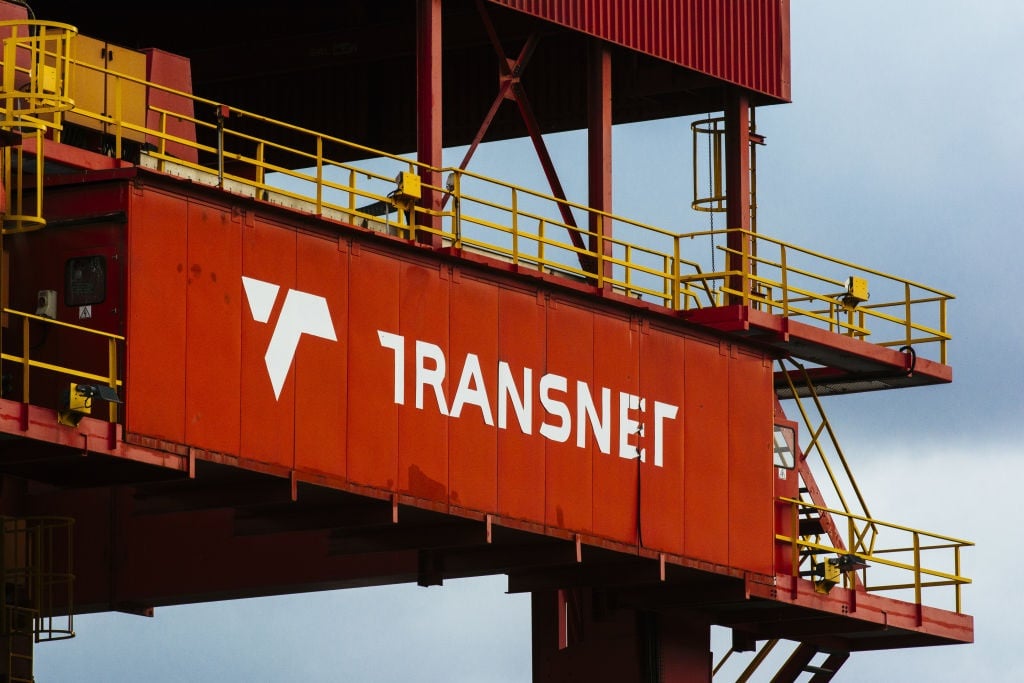
- State-owned rail, ports and freight company Transnet on Friday tabled its annual results in Parliament.
- The entity is still in the green, although profit and took a 35% dip.
- The Covid-19 pandemic has resulted in a slowdown of global demand for exports, but there are green shoots, says chairperson Popo Molefe.
Reports of China's economy growing north of 5% is a positive sign for state-owned rail, ports and freight company Transnet due to its exposure to the macroeconomic environment, says board chairperson Popo Molefe.
Transnet on Friday tabled its annual financial results for the year ended 31 March 2020. At a briefing on Friday, Molefe expressed optimism that green shoots were starting to appear, this after the Covid-19 pandemic resulted in lockdowns across the world, impacting demand.
State capture 'chamber of horrors'
Molefe said that since he was appointed board chairperson in 2018, significant progress had been made to clean the mess of the past, now being aired at the Zondo Commission of Inquiry into State Capture, which he described as a "chamber of horrors" and a "terror to watch".
Transnet managed to deliver solid performance under the circumstances, said chief financial officer Nonkululeko Dlamini. Revenue picked up by 1.3% to R75 billion. Dlamini said it was significant and reflected stability in revenue generation. The revenue growth was attributed to tariff increases of 2.9%, she explained.
The revenue increases were offset by a decline in rail freight volumes – due to deteriorating economic conditions and low demand in many market segments; mainly in the construction and manufacturing industries, Transnet said in a statement. Power supply challenges and poor rail network conditions also impacted rail volumes.
Ebitda increased 0.7% to R34 billion. Operating costs had increased by 1.9% to R41.1 billion – linked to increases in personnel and energy costs. The group has been implementing cost-optimisation initiatives which have helped save R4.7 billion.
Net profit, however, dropped 35% to R3.9 billion - this is as a result of fair value adjustments put through the prior year, which was a once-off event, Dlamini explained.
During the briefing, CEO Portia Derby noted that the entity may be able to pay dividends soon, which Public Enterprise Minister Pravin Gordhan said would set a precedent among state-owned enterprises (SOEs).
Gordhan commended the "excellent" performance at Transnet and said it was a relief to talk of a SOE without having to mention "bailouts" or "guarantees".
Irregular expenditure
Transnet, however, received a qualified audit opinion from the auditor general. Since 2018 there has been an increased focus on reporting on irregular expenditure, although auditors have felt this reporting has been incomplete. The auditing issues raised in 2018 date back to 2011/12, she noted. In the 2019/20 financial year Transnet incurred irregular expenditure of R9.9 billion. By comparison the cumulative irregular expenditure, which includes the 2019/20 year amount to R114.3 billion.
Dlamini said that although efforts to improve reporting has improved over the years a lot of work must be done to arrest the issue. Transnet has to comb through 13 000 past contracts to determine if they have any irregularity. A total of R43.6 billion of irrgeualr expenditure had been reported in the procurement of 1064 locomotives, which has been a subject of inquiry by the Zondo commission into state capture.
Dlamini, however, said there's also been an overhaul of supply chain management processes. There has also been a reduced incidence of irregular expenditure in new contracts. In the past internal auditing was outsourced, a hybrid model is now being introduced to strengthen assurance levels. A review of the finance structure is also underway and as of 1 November an appointment will be made for a loss control function dealing with compliance with the Public Finance Management Act.
Zero-based budgeting
Transnet is also embarking on a zero-based budgeting approach, which was lauded by Gordhan during the briefing. He said it would make a "huge difference" to manage the cost structure. Derby noted it may be a massive task given the size of the entity and would take time.
Dlamini said the corporate plan for February will contain details on budget processes. Transnet aims to address issues of legacy projects which have stayed in the system and have continued to be budgeted for, eliminating contracting of consultancy services for work.
